At the Tuy Ashu Pass, a vehicle with a fuel oil tanker overturned.
Coordinates: Latitude 42°22"10.2954"
Longitude 73°48"48.85092"
On January 21, 2022, a report was received from an environmental activist about another accident at the Tuy Asha pass. A vehicle carrying a tank of fuel oil overturned. The video sent illustrated streams of fuel oil flowing down the slope towards the Obla River. This river flows into the Kara-Balta River, which then merges into the transboundary Chu River. This river system is a source of drinking water for the residents of the villages of Kayyrma, Bokso-Zhol, and Bekitai, located downstream.
On January 23 at 18:00, the "EcoMiR" team assessed the scale of the accident and the extent of the area contaminated by the fuel oil streams.
Someone attempted to conceal the consequences of the accident by partially covering the spill site with sand. The fuel oil seeped through the thin layer of sand and soil, and a very large area of land was contaminated. The photos show that the streams of fuel oil crossed more than one turn of the serpentine road.
In addition to the large area of land contaminated by hazardous waste as a result of the accident, the fuel oil is entering the water resource formation zone. Moreover, besides the direct pollution of rivers, there is a possibility of pollution from temporary streams that could last over time if land reclamation is not conducted.
This is not the first accident involving spills of petroleum products at the pass, and the specially authorized executive authorities must pay attention to this problem. There is a clear violation of safety regulations during the transportation of hazardous materials. Identifying the owners of the vehicle that caused such an accident is not particularly difficult. The culprit must be held accountable for the threat to life, health, and the environment, restore the damage to the environment, and carry out reclamation. The sanctions provided for in the Criminal Code and the Code of Offenses do not exempt the perpetrators from full compensation for damages and the requirements for the reclamation of damaged lands.
The environmental protection agency, in accordance with its regulations, must conduct systematic monitoring of soil and water conditions and identify areas requiring reclamation. The Ministry of Health must analyze the drinking water and the sanitary protection zone of the drinking water supply source for the villages affected to ensure compliance with legislation. Law enforcement agencies are required to develop a set of measures to finally bring order to the road and minimize the risks of accidents that threaten life, health, and the environment on this important highway for the republic.
According to the legislation, "the sanitary protection zone is the territory that includes the water supply source and the water supply system providing water for household and drinking purposes from this source, where a special protection regime is established to protect water from pollution by potentially hazardous chemical and biological substances and organisms." The sanitary protection zone of the drinking water supply source for the villages using drinking water from the Abla, Kara-Balta, and Chu rivers (after the confluence with the Kara-Balta River) can no longer meet the legislative requirements.
Thus, the unwillingness of the authorized bodies to take action to eliminate the causes affecting the access of the entire population of the villages downstream to clean drinking water will not guarantee the realization of citizens' rights to drinking water in accordance with the requirements set forth by the KR Law "On Drinking Water" dated March 25, 1999, No. 33, and the KR Technical Regulation "On the Safety of Drinking Water" dated May 30, 2011, No. 34.
It should also be noted that these rivers flow into the transboundary Chu River and flow into Kazakhstan. The international Chui-Talas Water Management Commission operates on the Chu and Talas rivers, with its foundational documents being:
A. Agreement between the Government of the Kyrgyz Republic and the Government of the Republic of Kazakhstan on the use of water management facilities of interstate use on the Chu and Talas rivers.
B. Regulations on the Commission of the Republic of Kazakhstan and the Kyrgyz Republic for interstate use of water management facilities on the Chu and Talas rivers.
C. Regulations on the Secretariat of the Commission.
Thus, the actions or inactions of the executive authorities affect the life, health, and environment of both the residents of Kyrgyzstan and part of the residents of Kazakhstan, which elevates the road traffic incident to the level of international relations and obligations.
Description prepared by Oleg Pechenyuk, NGO "Independent Environmental Expertise"
Longitude 73°48"48.85092"
On January 21, 2022, a report was received from an environmental activist about another accident at the Tuy Asha pass. A vehicle carrying a tank of fuel oil overturned. The video sent illustrated streams of fuel oil flowing down the slope towards the Obla River. This river flows into the Kara-Balta River, which then merges into the transboundary Chu River. This river system is a source of drinking water for the residents of the villages of Kayyrma, Bokso-Zhol, and Bekitai, located downstream.
On January 23 at 18:00, the "EcoMiR" team assessed the scale of the accident and the extent of the area contaminated by the fuel oil streams.
Someone attempted to conceal the consequences of the accident by partially covering the spill site with sand. The fuel oil seeped through the thin layer of sand and soil, and a very large area of land was contaminated. The photos show that the streams of fuel oil crossed more than one turn of the serpentine road.
In addition to the large area of land contaminated by hazardous waste as a result of the accident, the fuel oil is entering the water resource formation zone. Moreover, besides the direct pollution of rivers, there is a possibility of pollution from temporary streams that could last over time if land reclamation is not conducted.
This is not the first accident involving spills of petroleum products at the pass, and the specially authorized executive authorities must pay attention to this problem. There is a clear violation of safety regulations during the transportation of hazardous materials. Identifying the owners of the vehicle that caused such an accident is not particularly difficult. The culprit must be held accountable for the threat to life, health, and the environment, restore the damage to the environment, and carry out reclamation. The sanctions provided for in the Criminal Code and the Code of Offenses do not exempt the perpetrators from full compensation for damages and the requirements for the reclamation of damaged lands.
The environmental protection agency, in accordance with its regulations, must conduct systematic monitoring of soil and water conditions and identify areas requiring reclamation. The Ministry of Health must analyze the drinking water and the sanitary protection zone of the drinking water supply source for the villages affected to ensure compliance with legislation. Law enforcement agencies are required to develop a set of measures to finally bring order to the road and minimize the risks of accidents that threaten life, health, and the environment on this important highway for the republic.
According to the legislation, "the sanitary protection zone is the territory that includes the water supply source and the water supply system providing water for household and drinking purposes from this source, where a special protection regime is established to protect water from pollution by potentially hazardous chemical and biological substances and organisms." The sanitary protection zone of the drinking water supply source for the villages using drinking water from the Abla, Kara-Balta, and Chu rivers (after the confluence with the Kara-Balta River) can no longer meet the legislative requirements.
Thus, the unwillingness of the authorized bodies to take action to eliminate the causes affecting the access of the entire population of the villages downstream to clean drinking water will not guarantee the realization of citizens' rights to drinking water in accordance with the requirements set forth by the KR Law "On Drinking Water" dated March 25, 1999, No. 33, and the KR Technical Regulation "On the Safety of Drinking Water" dated May 30, 2011, No. 34.
It should also be noted that these rivers flow into the transboundary Chu River and flow into Kazakhstan. The international Chui-Talas Water Management Commission operates on the Chu and Talas rivers, with its foundational documents being:
A. Agreement between the Government of the Kyrgyz Republic and the Government of the Republic of Kazakhstan on the use of water management facilities of interstate use on the Chu and Talas rivers.
B. Regulations on the Commission of the Republic of Kazakhstan and the Kyrgyz Republic for interstate use of water management facilities on the Chu and Talas rivers.
C. Regulations on the Secretariat of the Commission.
Thus, the actions or inactions of the executive authorities affect the life, health, and environment of both the residents of Kyrgyzstan and part of the residents of Kazakhstan, which elevates the road traffic incident to the level of international relations and obligations.
Description prepared by Oleg Pechenyuk, NGO "Independent Environmental Expertise"

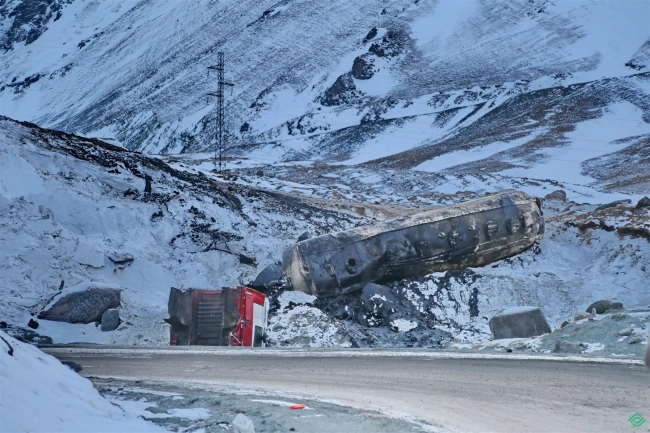
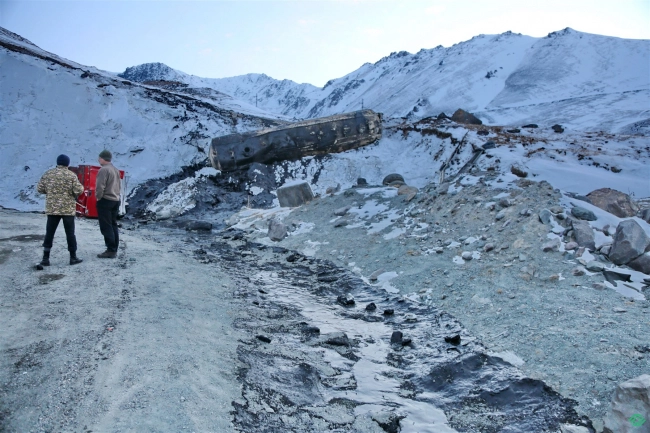
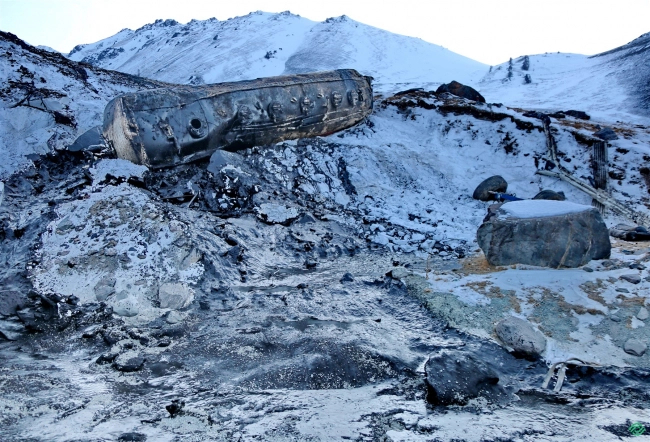
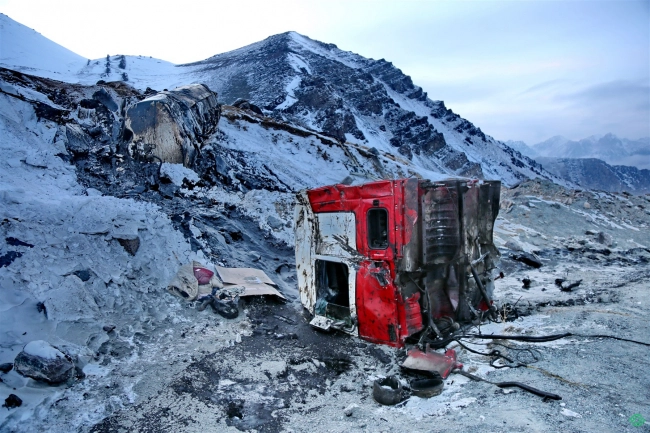
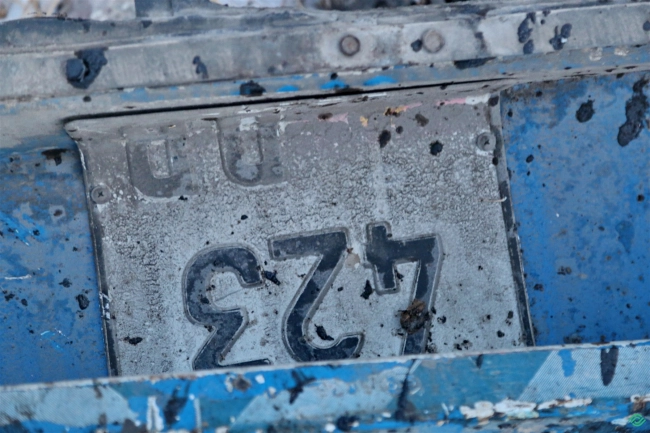
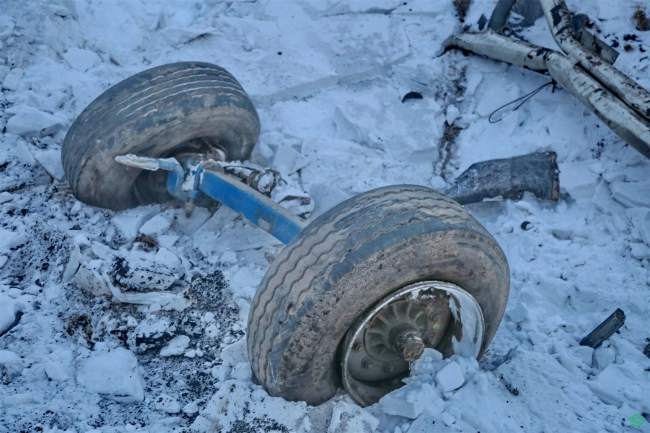
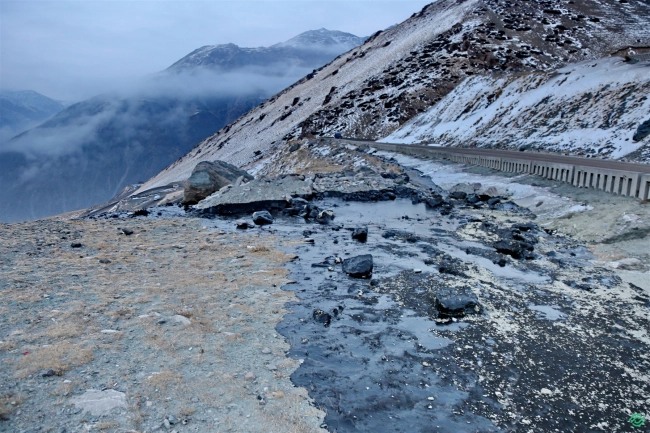
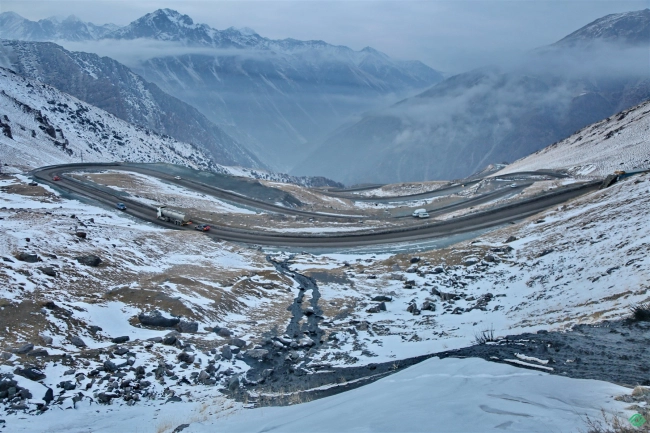
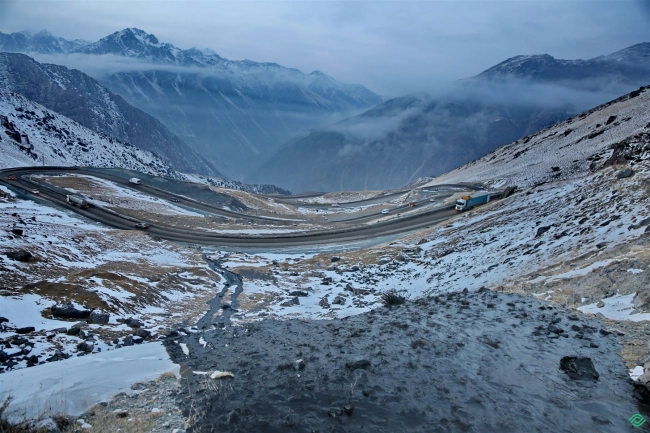
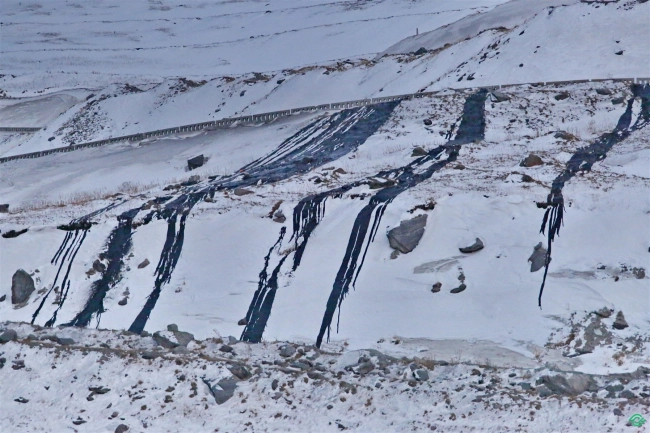
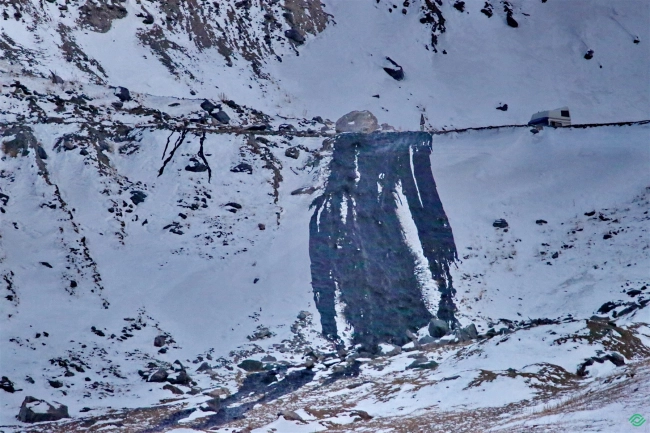
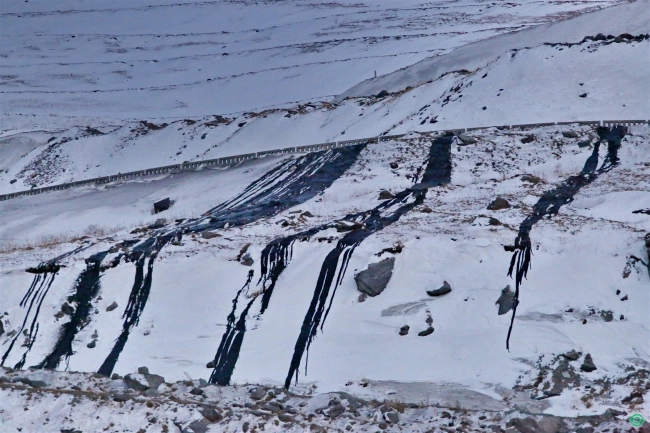
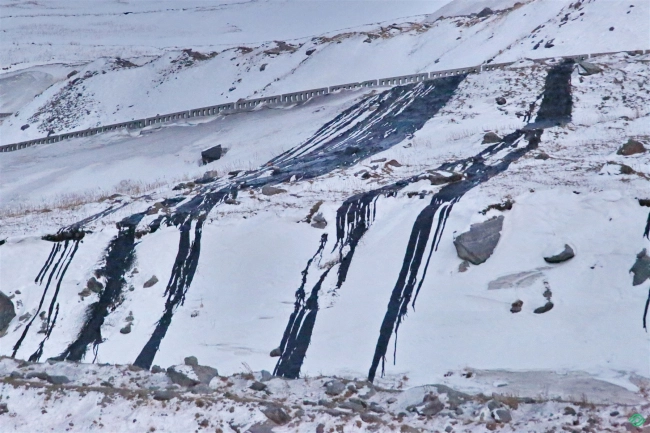
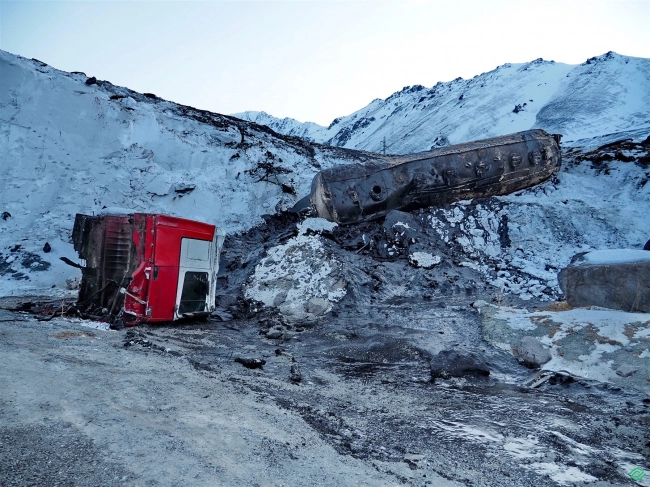
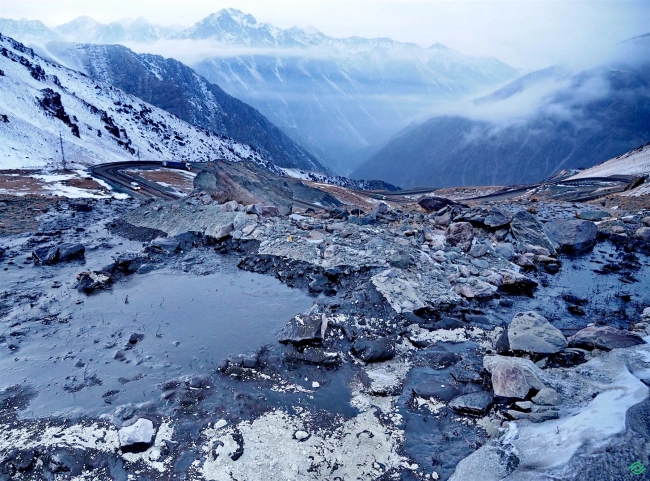
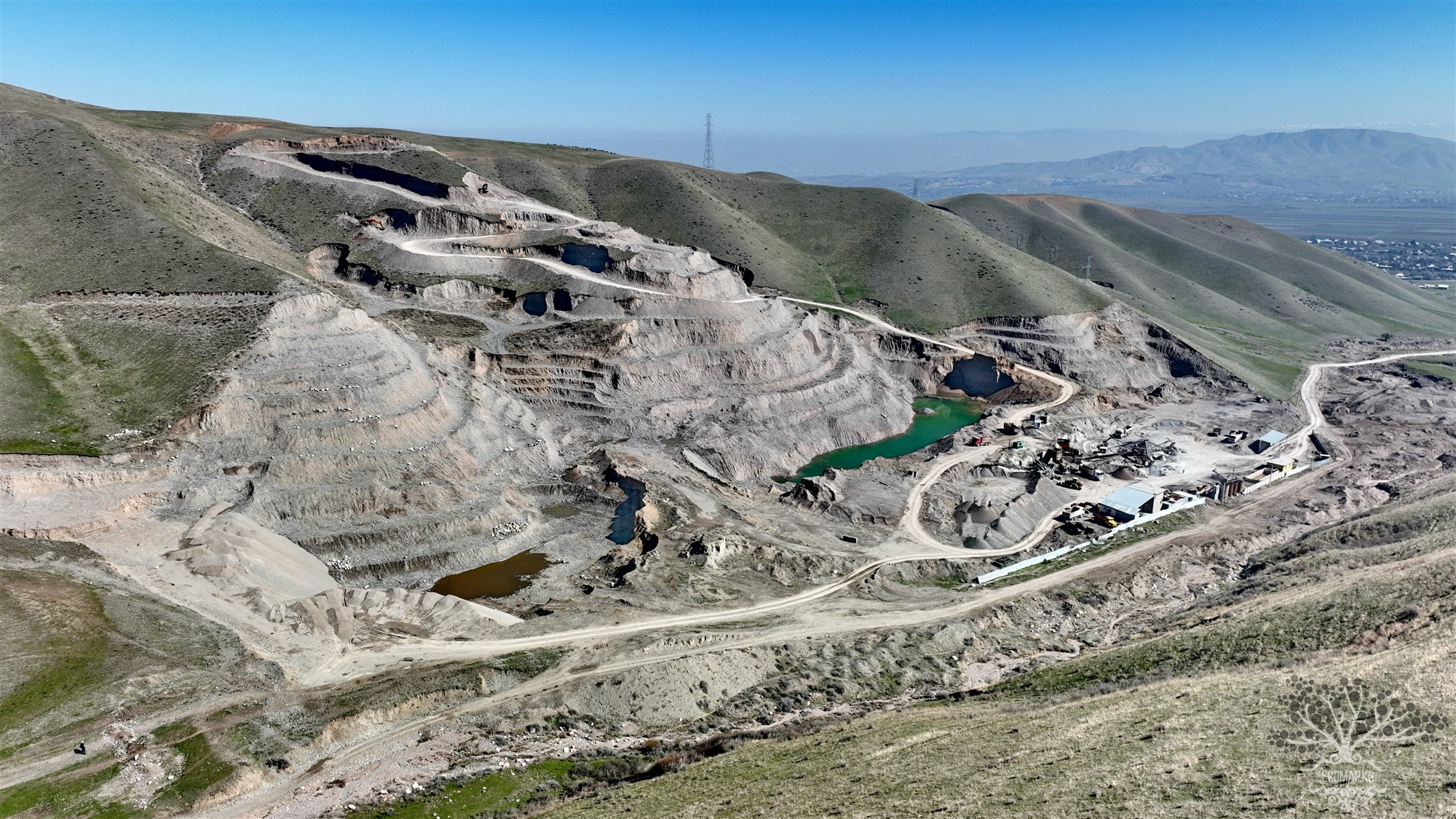
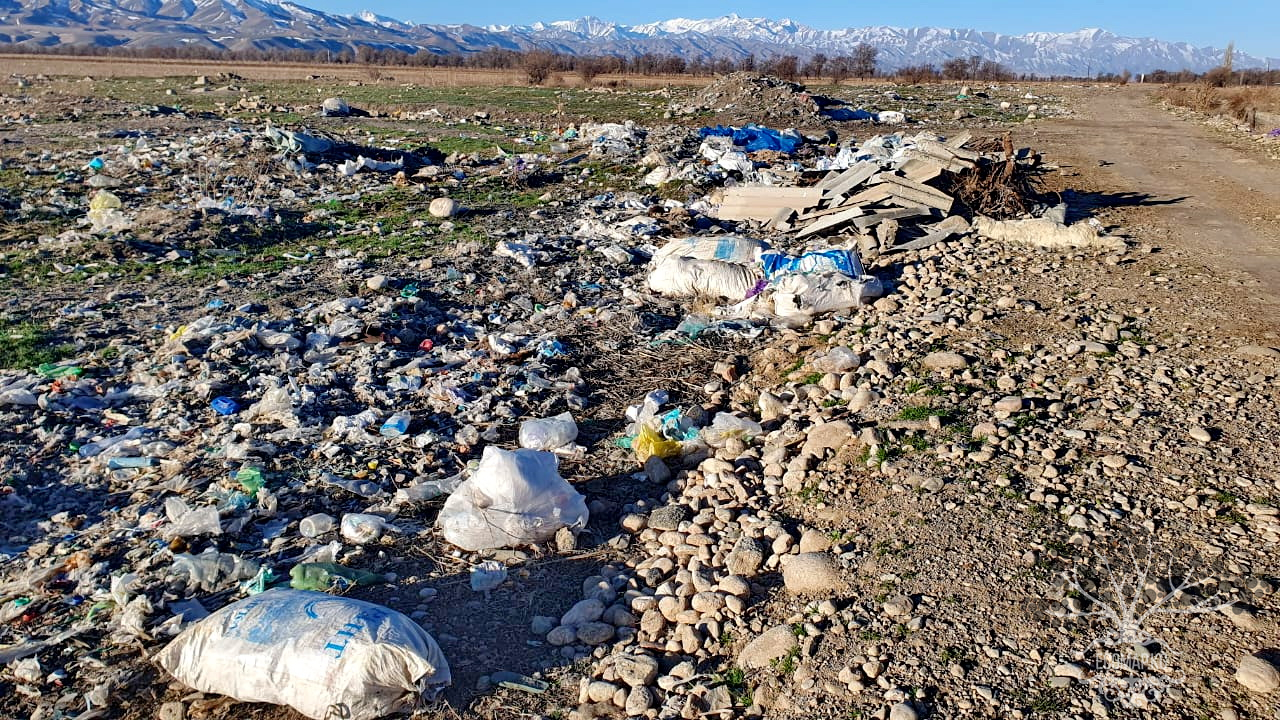
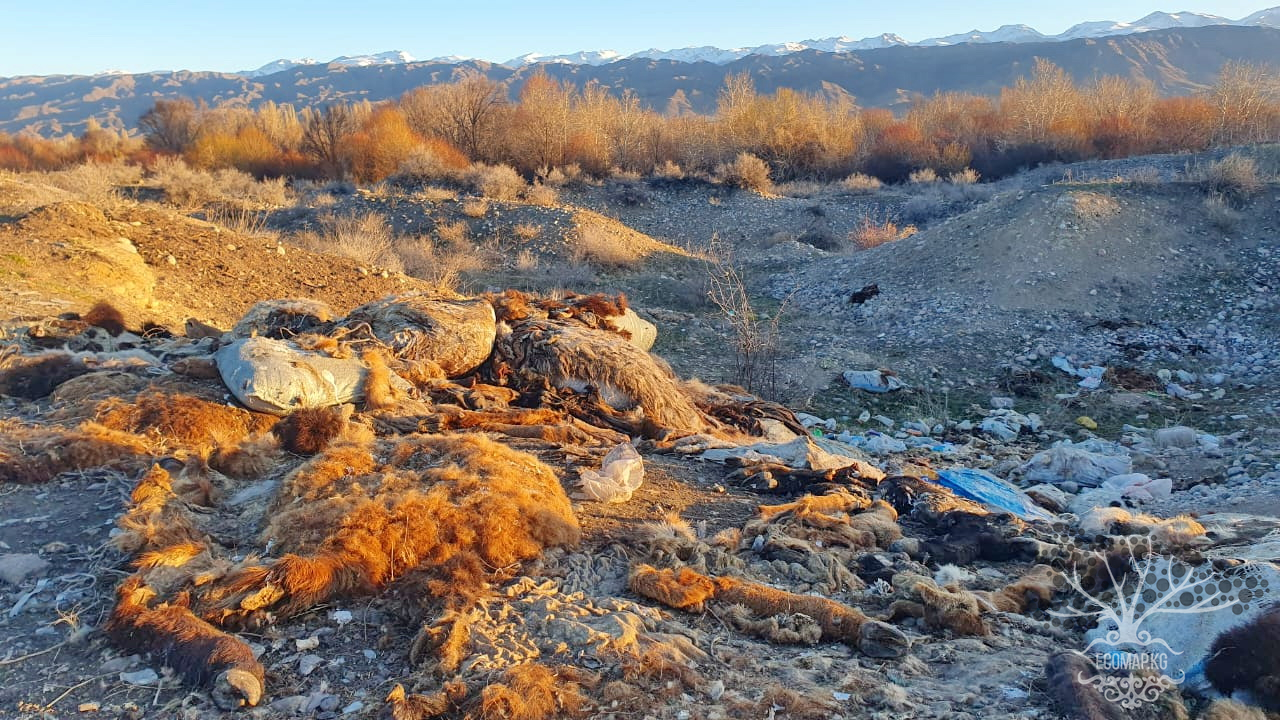
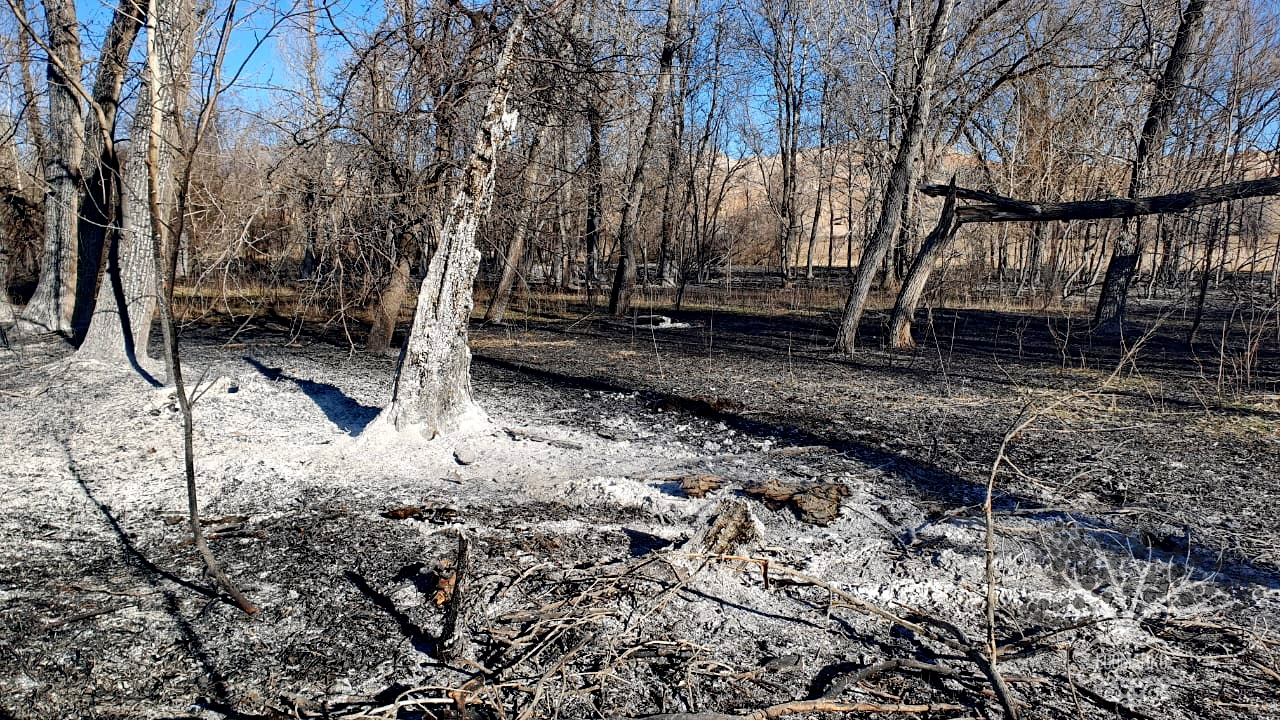


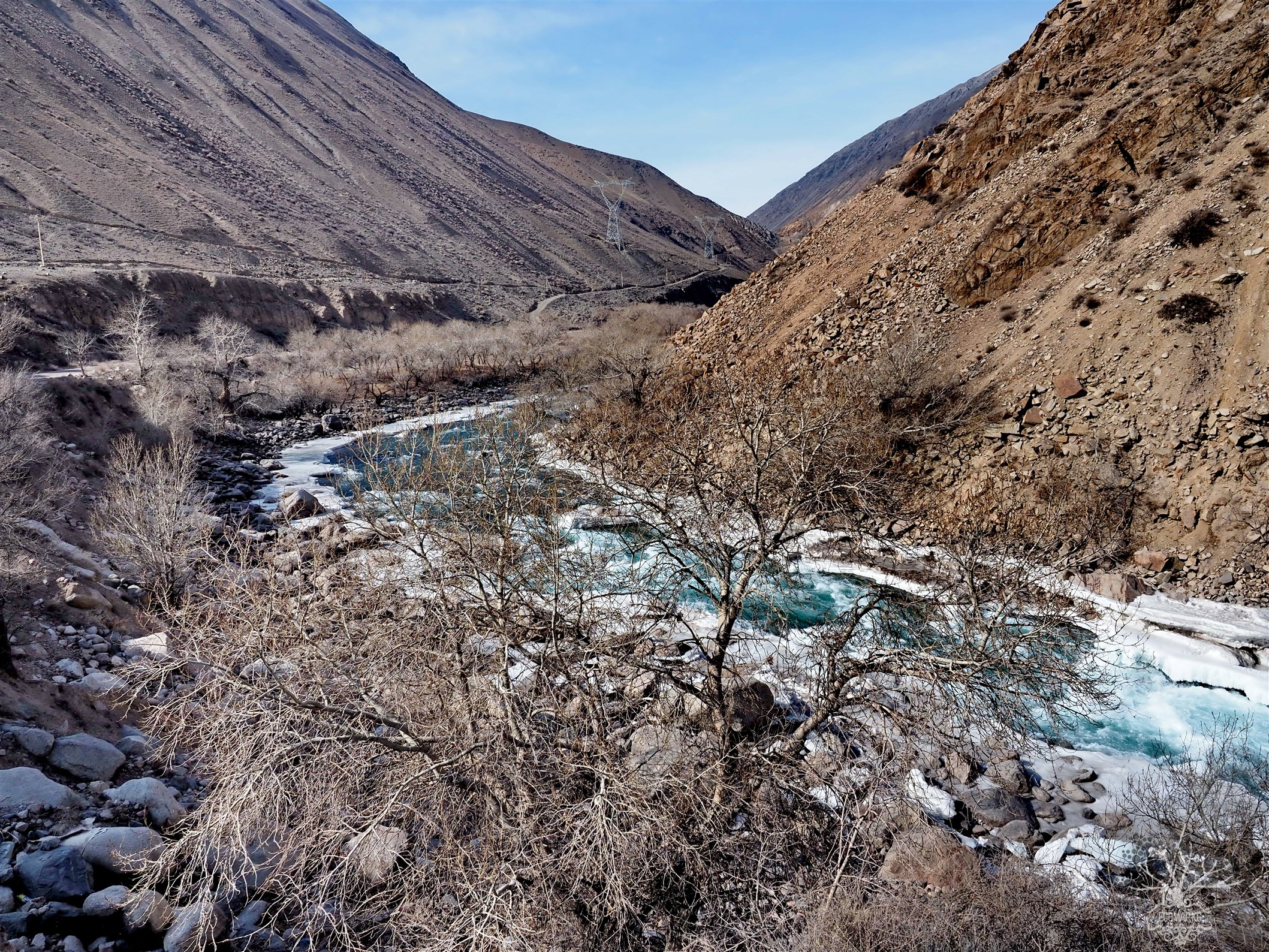
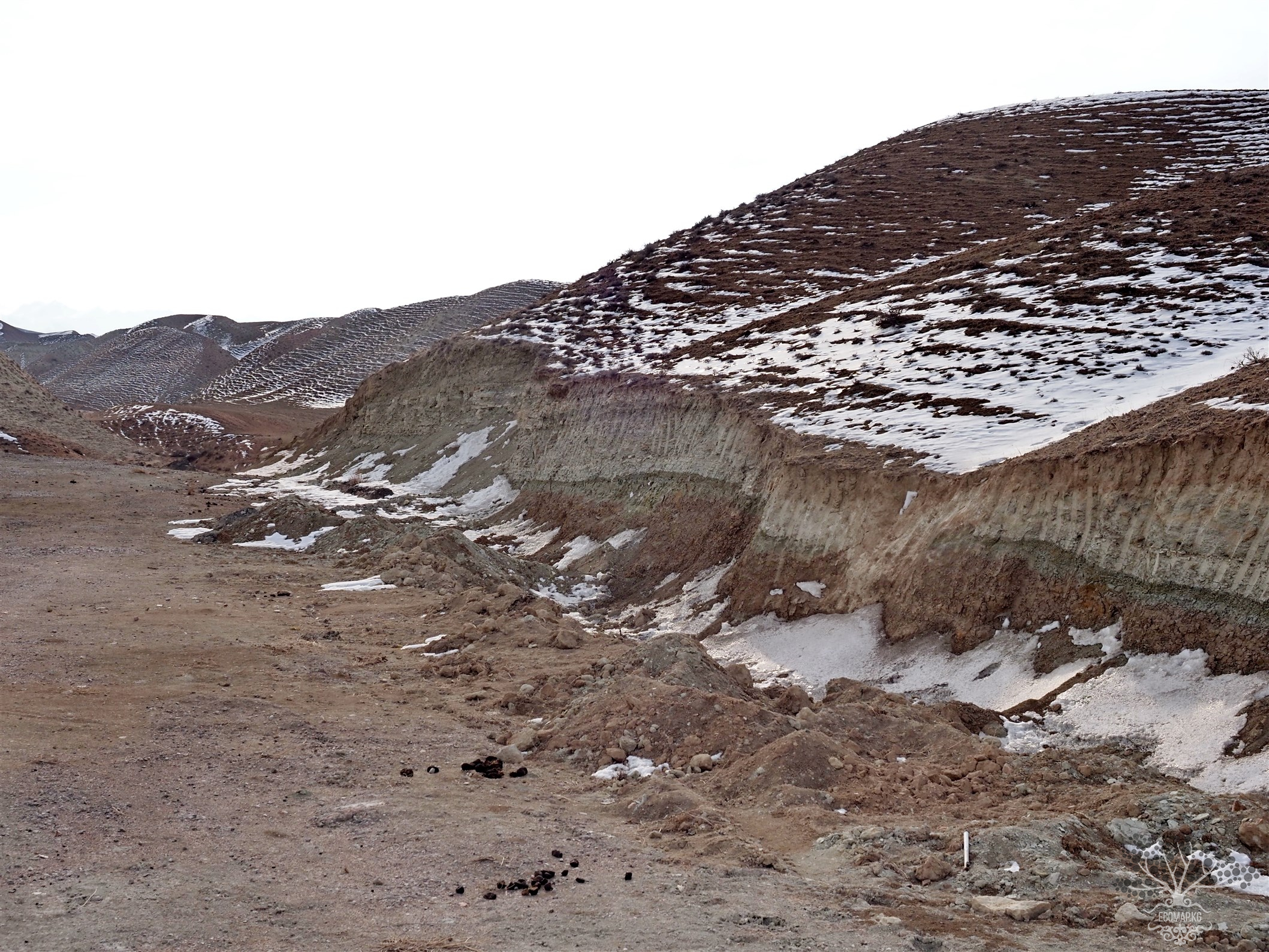
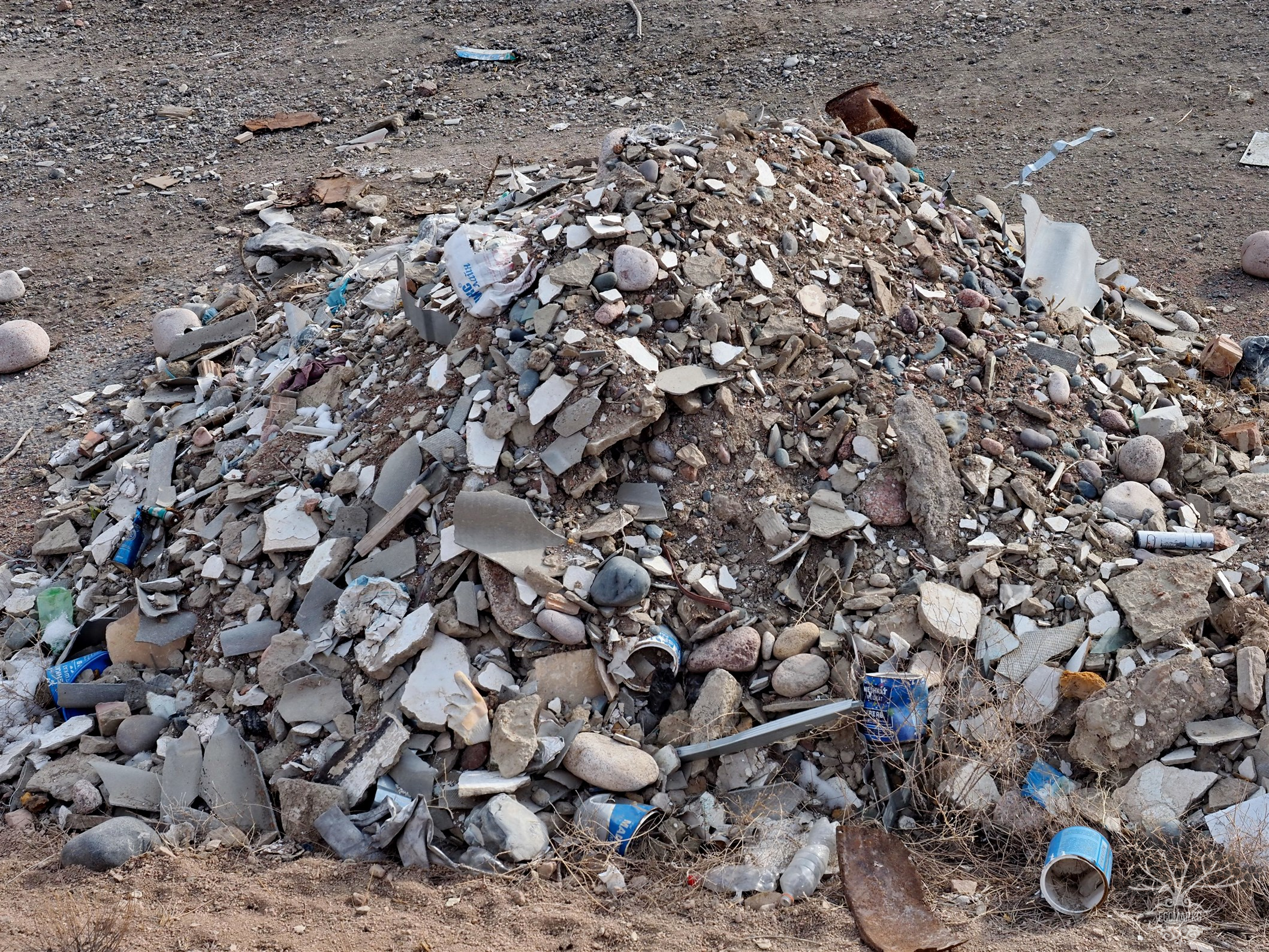
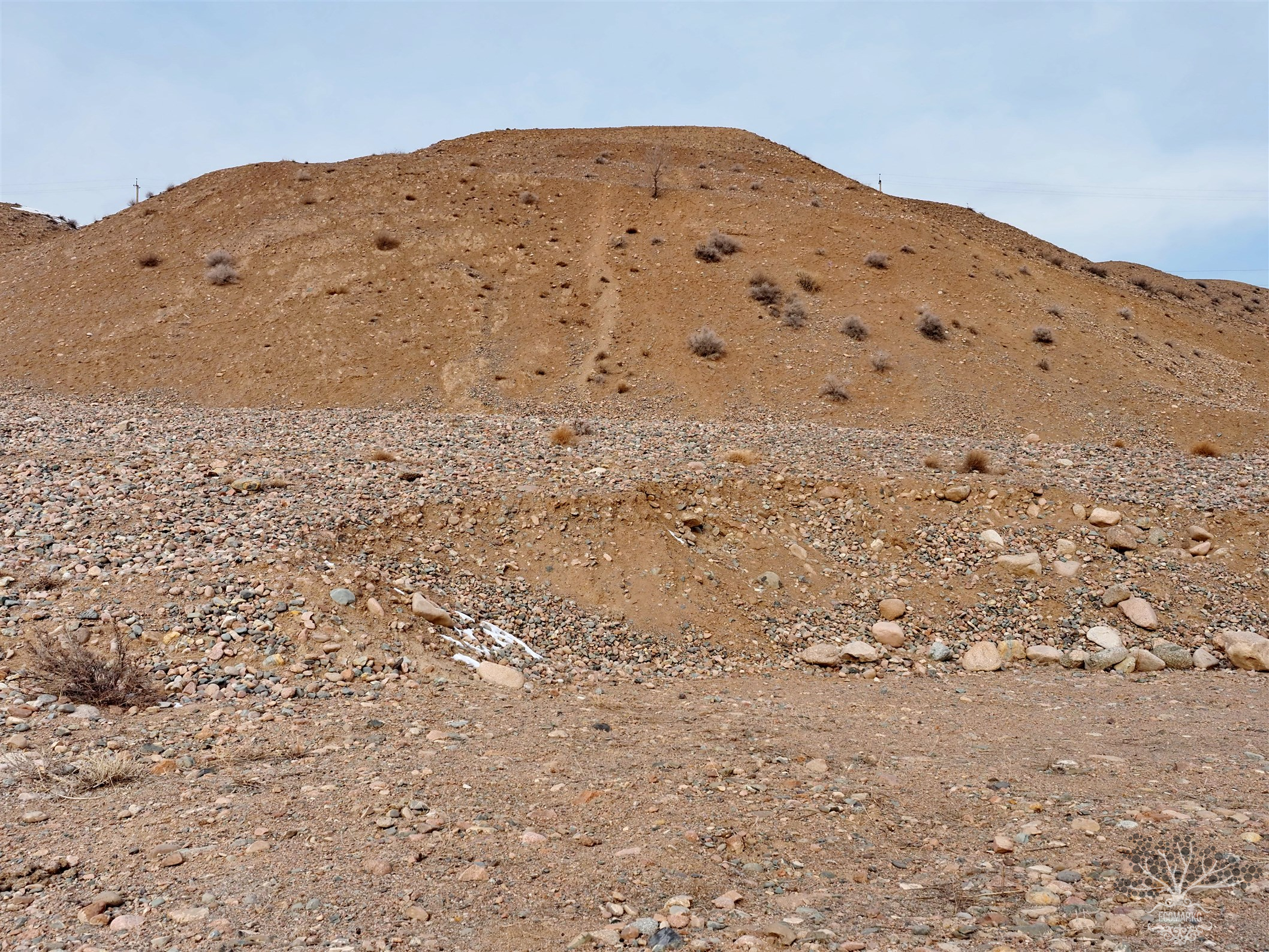


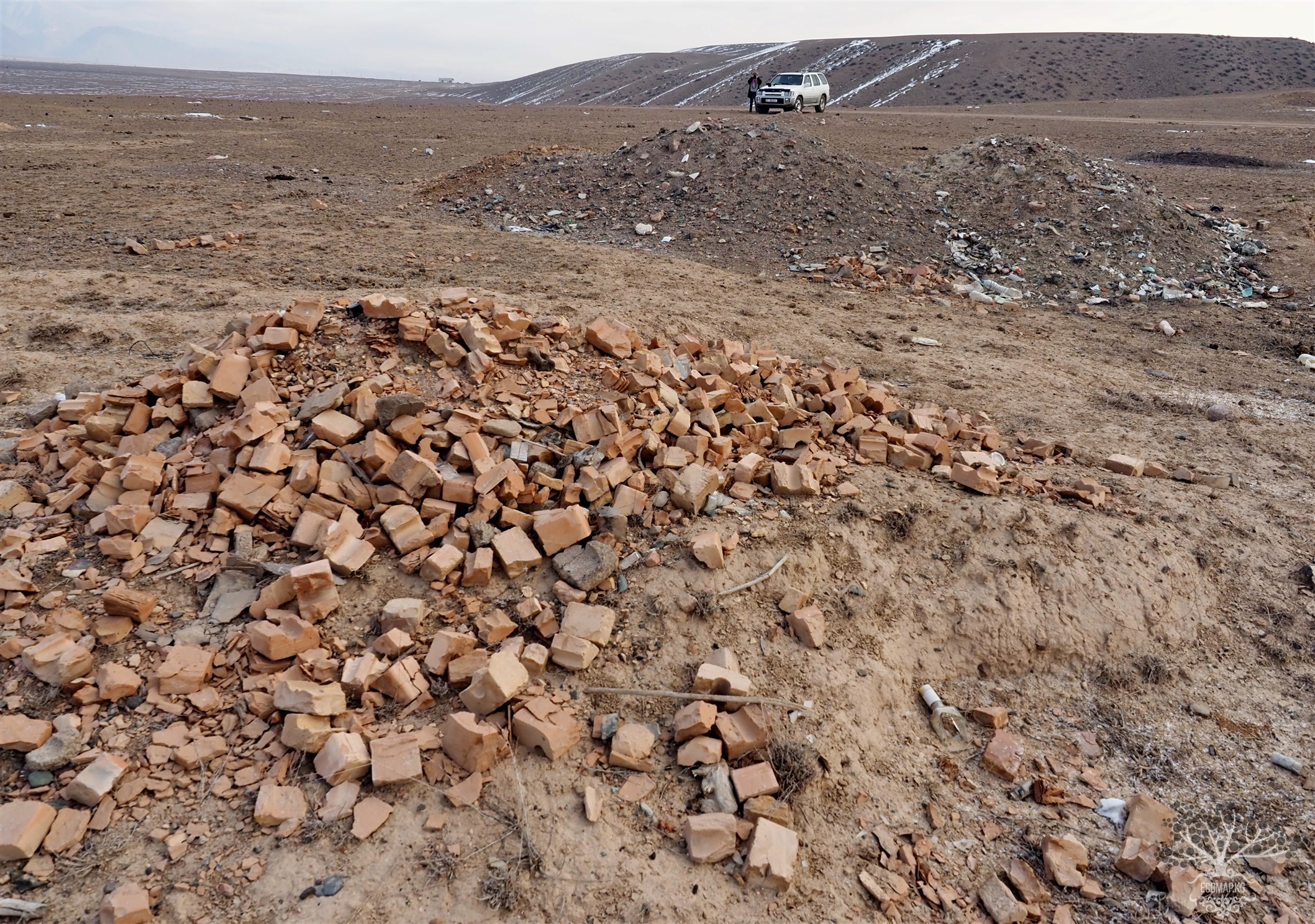
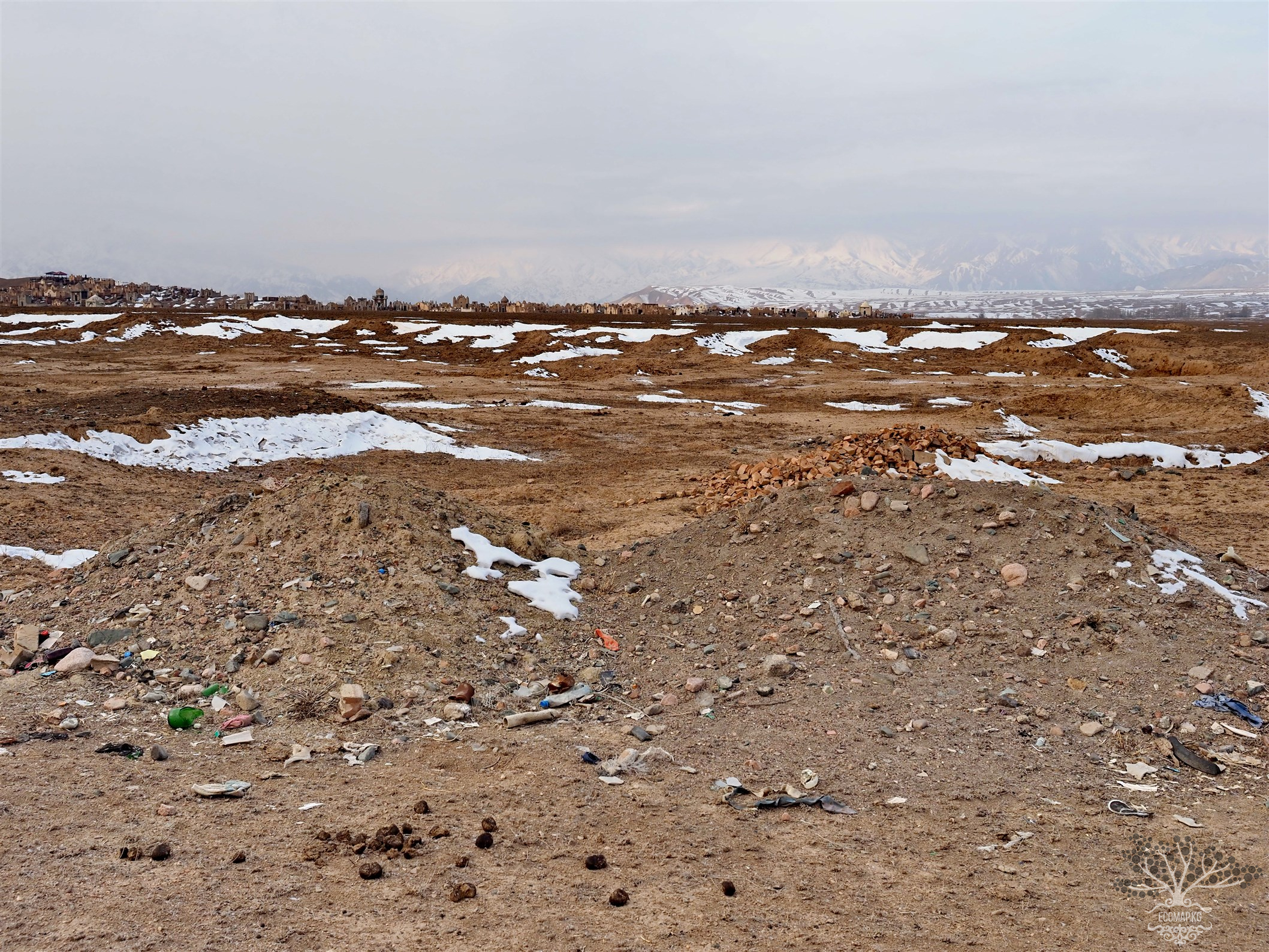

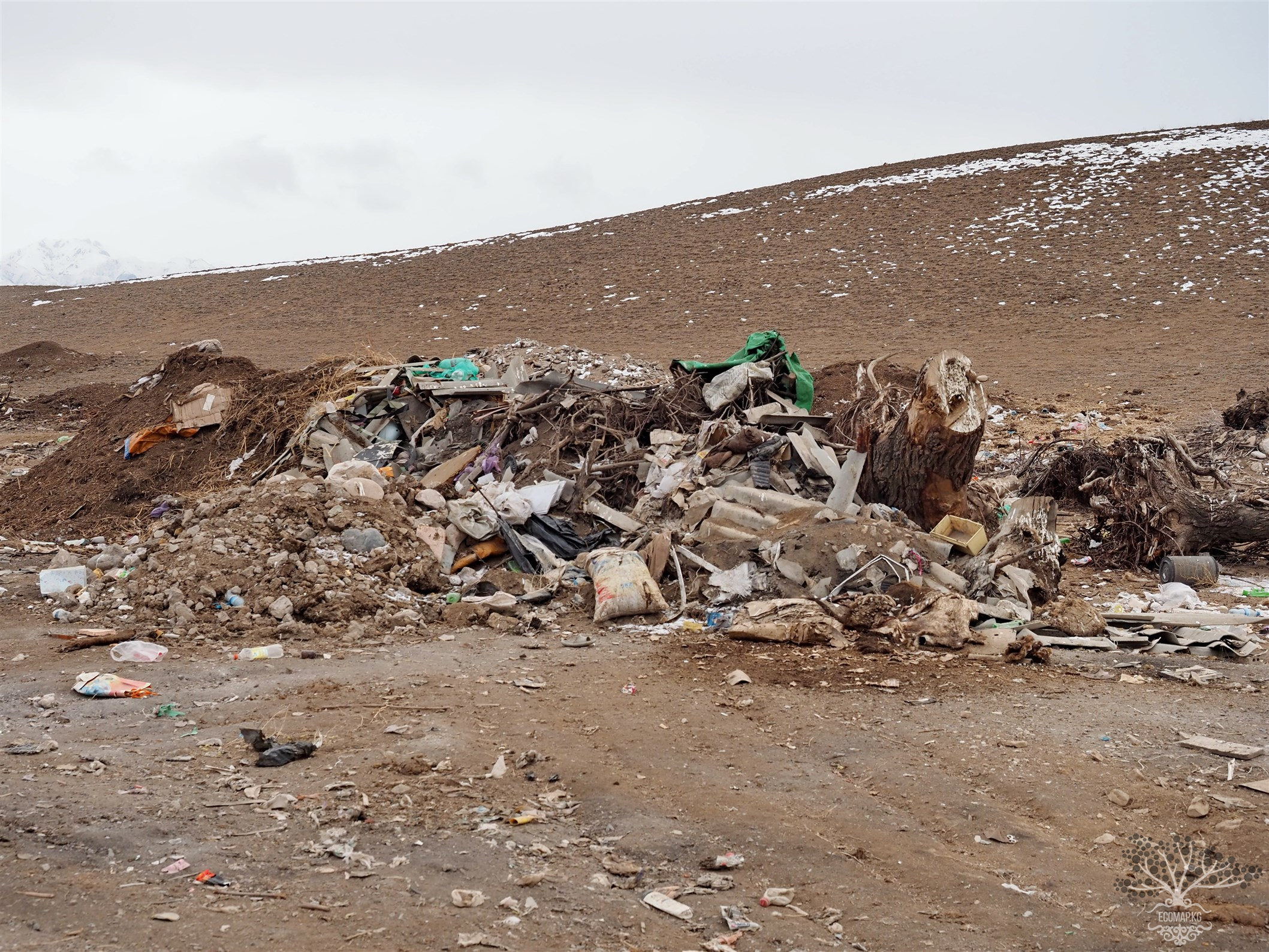
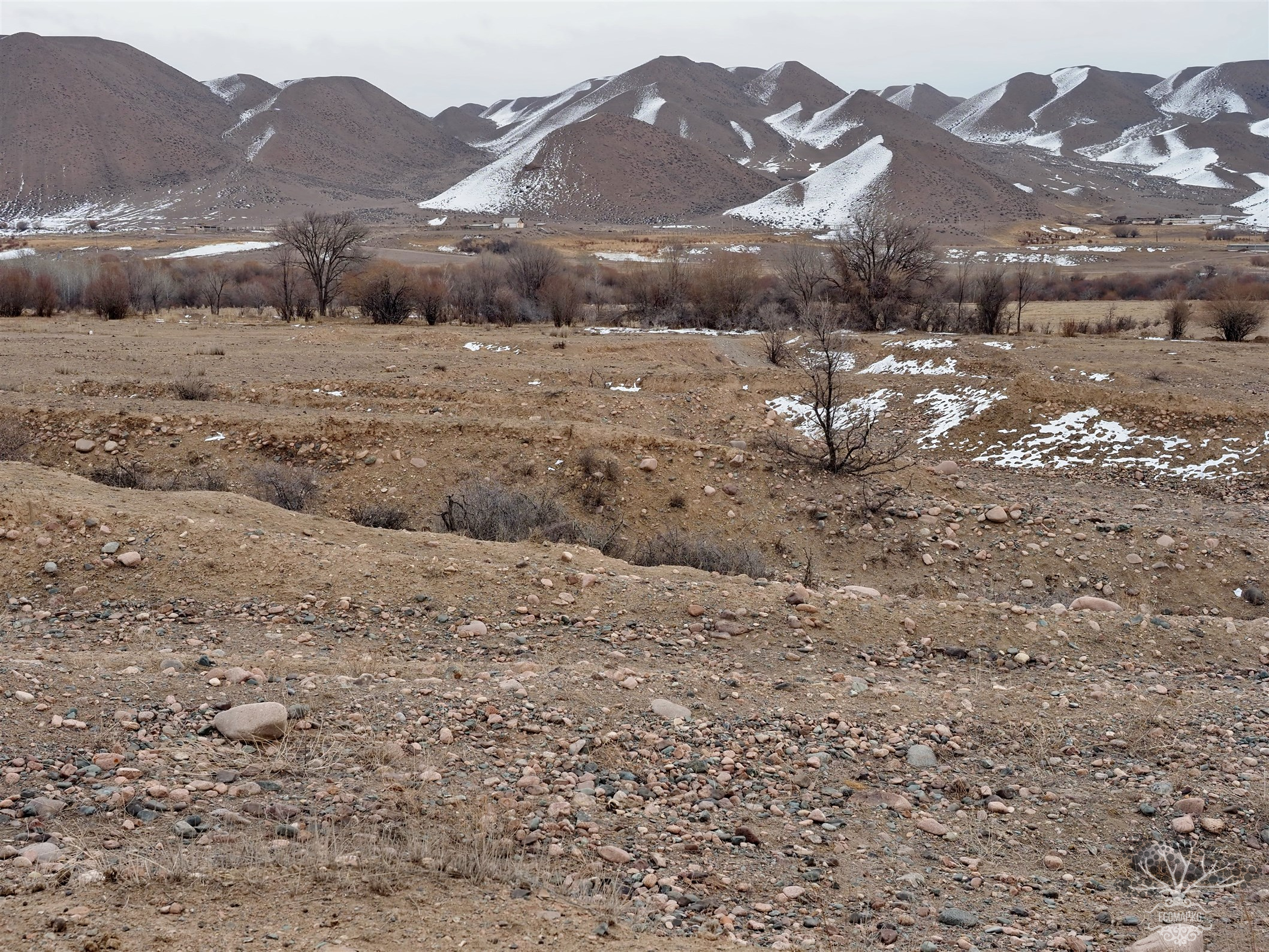
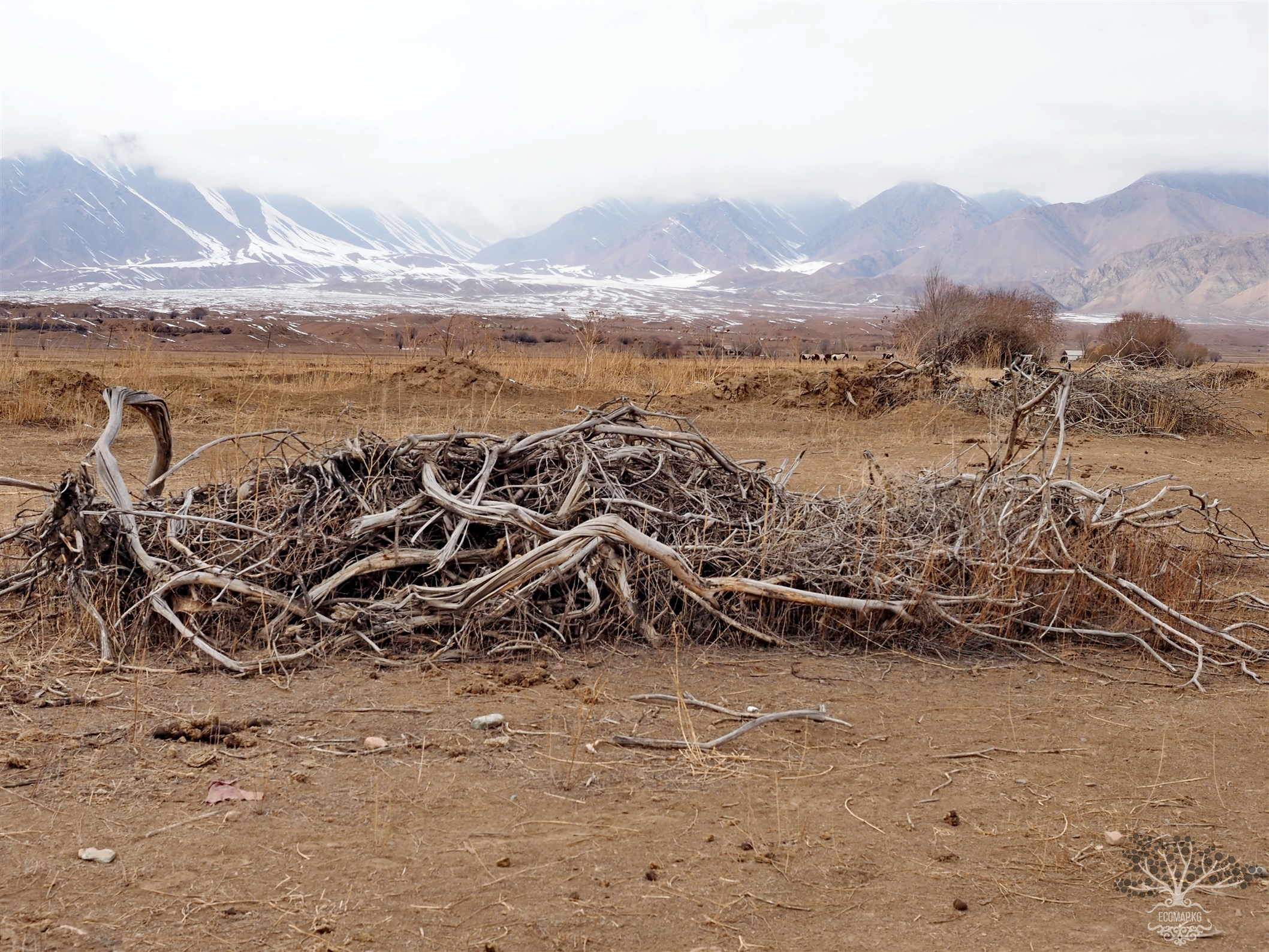
Attention: Information based on submitted complaints